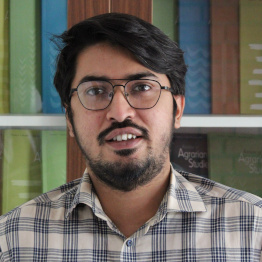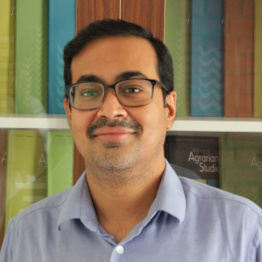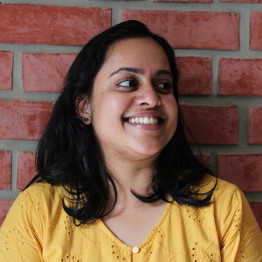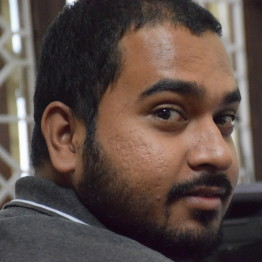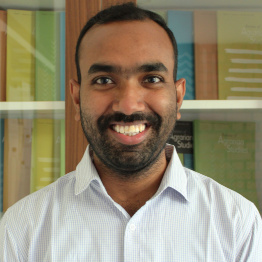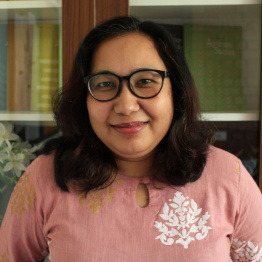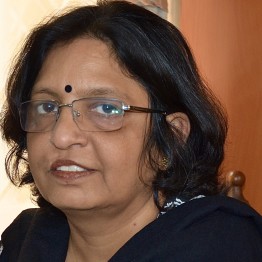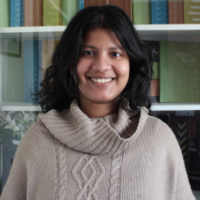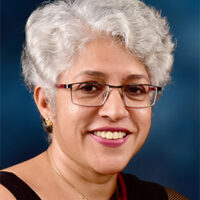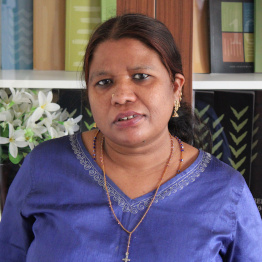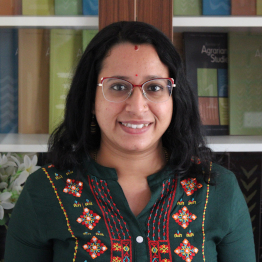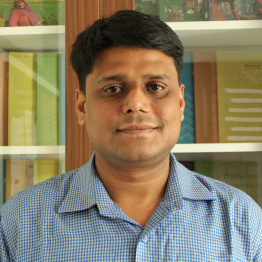The Foundation for Agrarian Studies (FAS) expresses its deep grief at the death of Professor M.S. Swaminathan. Professor Swaminathan was a giant in the field of agricultural science, and most recognised for stewarding the green revolution in India, and other developing countries in the mid Twentieth century.
Professor Swaminathan had an illustrious and wide ranging career that impacted the lives of millions of people across continents. He joined the Indian Agricultural Research Institute, New Delhi, in 1954, after receiving his Ph.D. in Genetics from the Cambridge University, U.K. He served as Director General of the Indian Council of Agricultural Research; Secretary of the Department of Agricultural Research and Education (1972-1979); and Principal Secretary of the Ministry of Agriculture and Irrigation (1979-1980). He was member in-charge of agriculture and rural development in India’s Planning Commission from 1980 to 1982. In this span of about three decades, Swaminathan played the roles of a scientist, a teacher, an administrator, and an institution builder, and was at the forefront of India’s Green Revolution, that transformed the country from “a begging bowl to a bread basket.”
His multifarious contributions to the cause of agricultural advancement across the globe continued in the following decades — Director General of the International Rice Research Institute (IRRI) (1982-88), President of the International Union for the Conservation of Nature and Natural Resources (IUCN) (1984-90), President of the Pugwash Conferences on Science and World Affairs (2002-07). Professor Swaminathan played pivotal roles in setting up several research institutions in the Global South, such as the International Crop Research Institute for the Semi-Arid Tropics (ICRISAT), the International Board for Plant Genetic Resources (currently Biodiversity International), and the International Council for Research in Agro-Forestry (ICRAF). Apart from these, he helped set up numerous research institutions in developing countries such as Vietnam, Myanmar, Thailand, China, Sri Lanka, Pakistan, Iran and Cambodia. He set up the M. S. Swaminathan Research Foundation in Chennai in 1988, with the objective of accelerating use of modern science and technology for agricultural and rural development to improve lives and livelihoods of communities.
The numerous accolades that he received, including the first World Food Prize in 1987, Ramon Magsaysay Award, the Albert Einstein World Science Award, and several Padma awards, speak for the importance of his contribution to the cause of food and nutrition security in the world.
The concern for social and human development has always been central to the work of Professor Swaminathan. In his acceptance speech for the World Food Prize on October 6, 1987, he raised concerns over the growing hunger despite increase in food production. As a Member of Parliament, he tabled the Women Farmers’ Entitlement Bill on 11 May 2012. He was among the earliest to understand the importance of sustainability in agriculture, and saw technology as the necessary path towards achieving what he proposed as an “evergreen revolution.” As the chairman of the National Commission on Farmers (2006), he brought the concerns of Indian farmers, particularly small farmers, to the forefront. The five reports of the Commission constitute an exhaustive document that identifies the major causes for the agrarian crisis in India, and proposes solutions, that span across various institutional reforms and technological advancement. Among other things, the NCF recommended that the Minimum Support Prices must be fixed at 50% higher than the total (C2) cost of production, a radical idea that has been a rallying point for various farmers movements in India today.
The FAS has been a fortunate beneficiary of the guidance of Professor Swaminathan since its establishment in 2003. His has been a consistent presence at each of our major milestones. He delivered the inaugural address at the Tenth Anniversary Conference of FAS, held in Kochi 2014, where he also released a book titled Dalit Households in Village Economies, based on the research of the Foundation. He inaugurated the current office of FAS in Bangalore, and delivered the First Annual Lecture of FAS on “Science Shaping the Future of Agriculture,” on July 9, 2018.
FAS pays its last homage to Professor Swaminathan for his role as a scientist and a humanist, and our great benefactor.

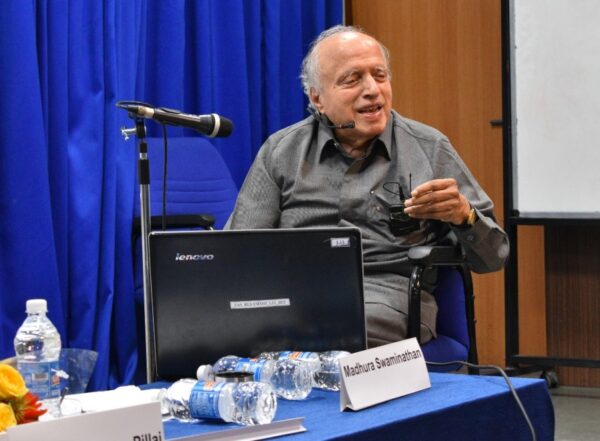
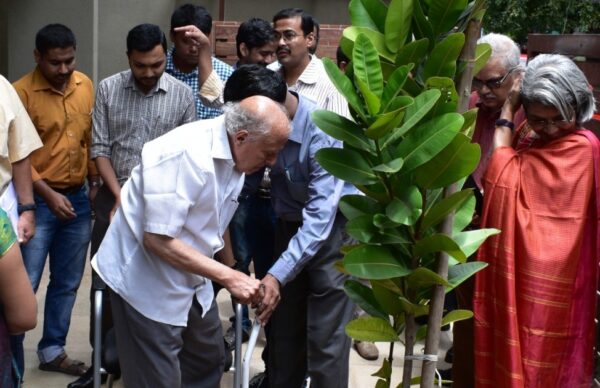


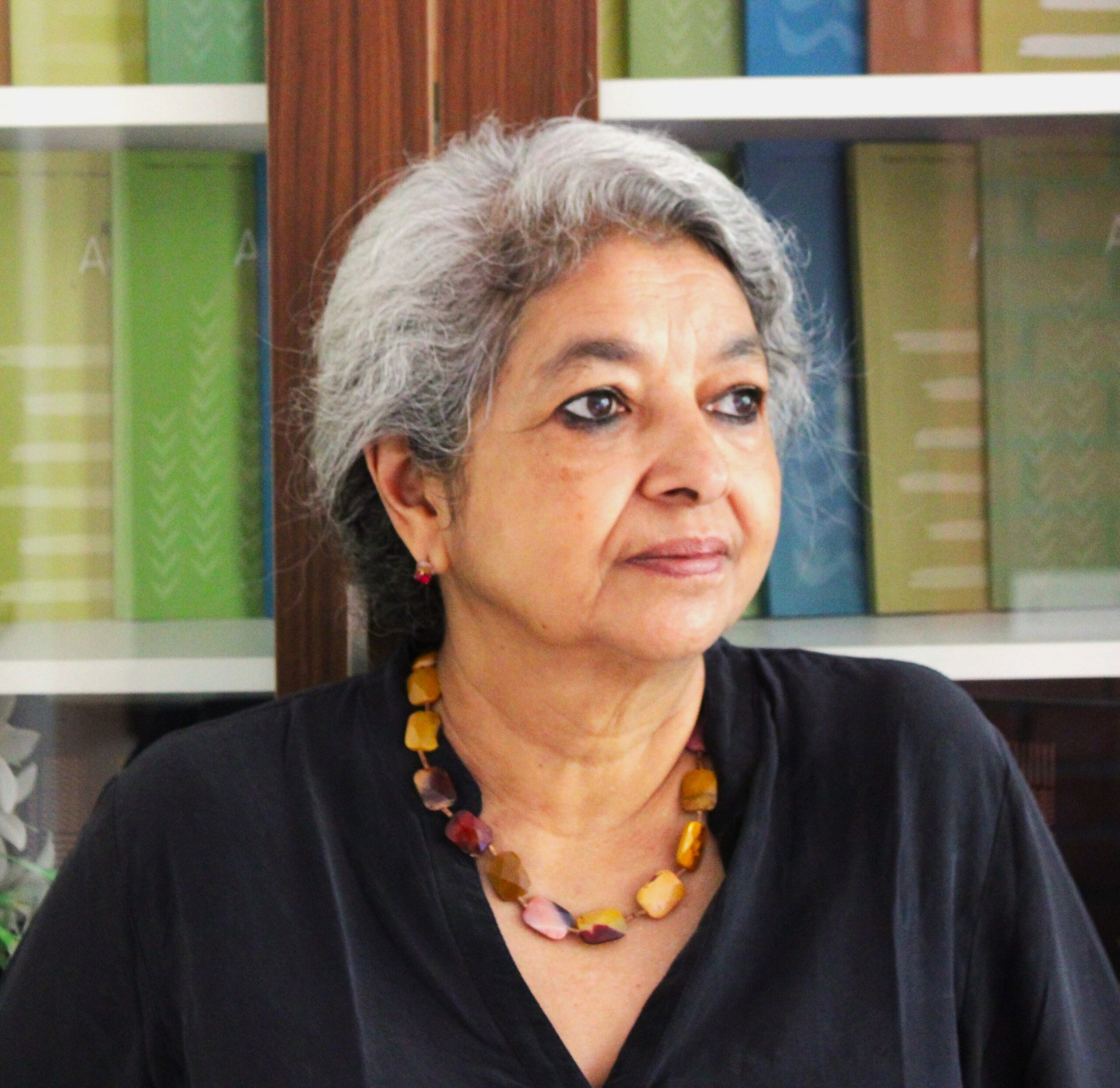
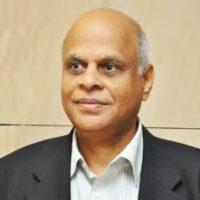





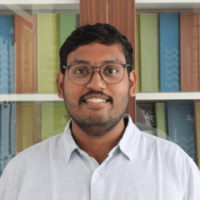
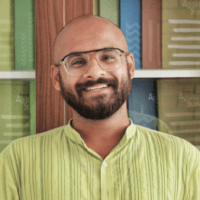

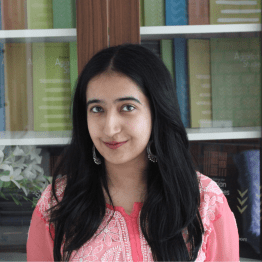
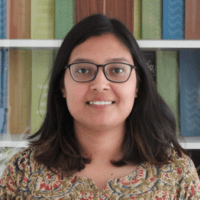

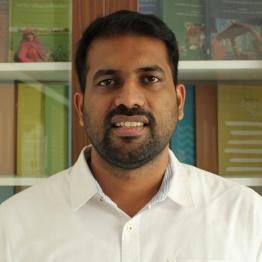

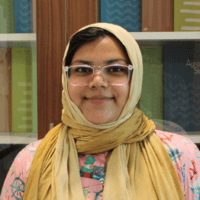
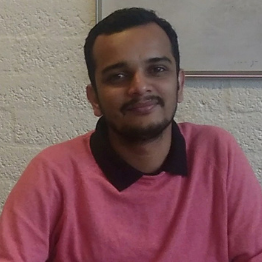



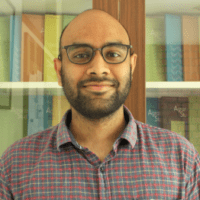

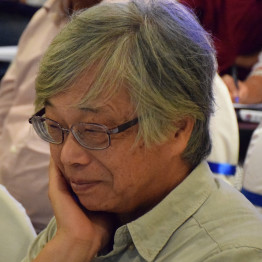
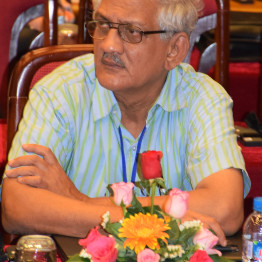
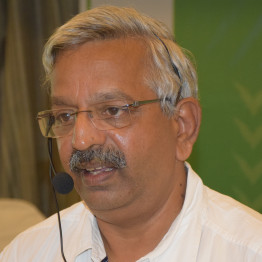

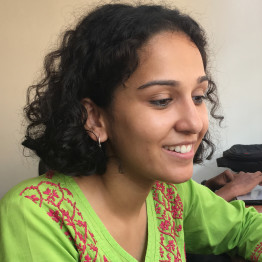
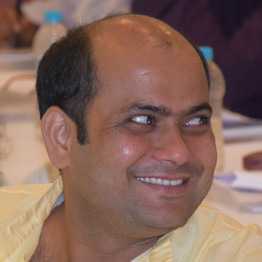

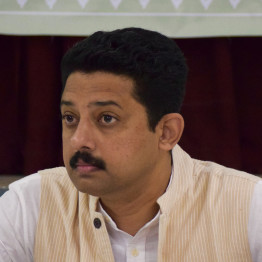


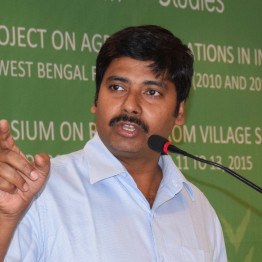

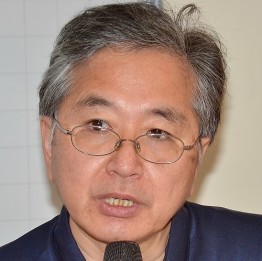

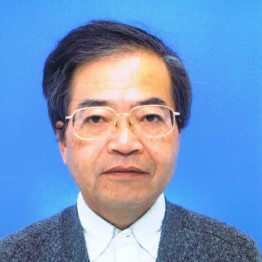
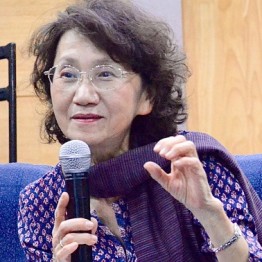

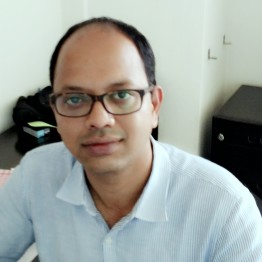

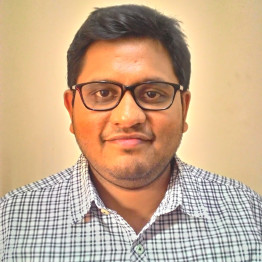
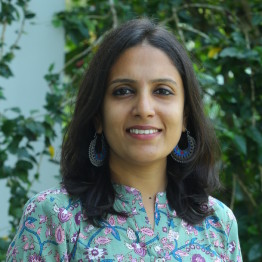
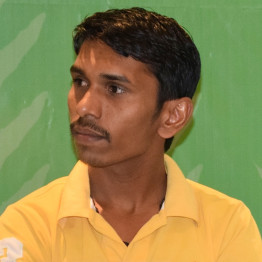

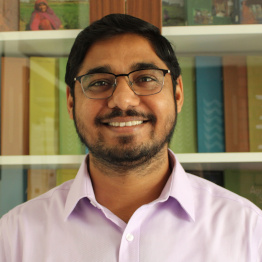
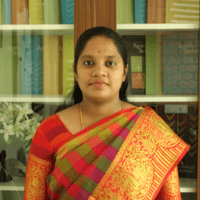 Sudha is an Administrative Assistant of the Foundation. She assists the administrative division of the Foundation and also has taken part in fieldwork organised by the Foundation.
Sudha is an Administrative Assistant of the Foundation. She assists the administrative division of the Foundation and also has taken part in fieldwork organised by the Foundation.
